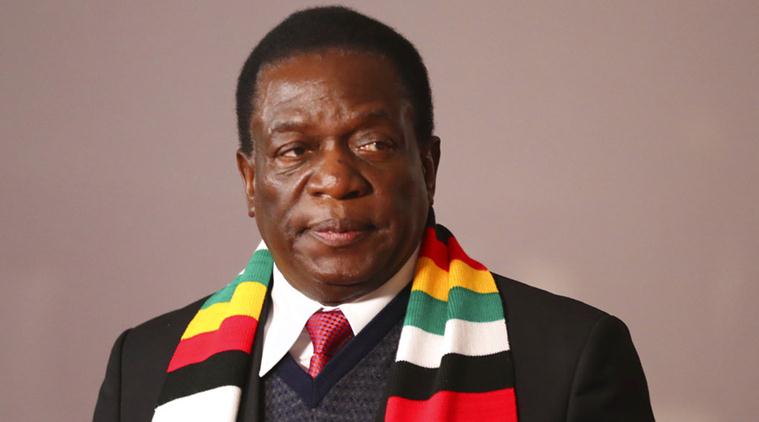By Thabani Zwelibanzi
President Emmerson Mnangagwa on Wednesday morning signed into law the Tripartite Negotiating Forum (TNF) Act, at a ceremony at the Harare International Conference Centre, a piece of legislation that the government and organised business hope will reduce pressure for workers to go on strike.
The TNF brings together the government, organised labour and business organisations.
Mnangagwa hopes that the forum will deepen engagement between the three groups, adding that “there must be a greater understanding of each others’ perspective under the TNF”.
“Differences must not divide us,” the president said, emphasising that the TNF was a platform for engagement and that it was social dialogue platform, whose aim was to contribute towards the resuscitation of the economy.
“We will remain available to dialogue prescriptions, my government remains unwavering to enhance the welfare and wellbeing of the workers,” he said.
Mnangagwa also decried the inflationary environment, saying wages were being eroded by unjustified price increases.
But in a statement that betrays Mnangagwa’s attitude and what he hopes the new law will achieve, the president said: “Let’s shun the culture of militancy and demonstrations.”
While the Zimbabwe Congress of Trade Unions (ZCTU) has seemingly endorsed the TNF Act, sceptics fear the government will use the law to stifle workers’ rights to demonstrate.
This was an issue that ZCTU boss, Peter Mutasa took particular issue within his address at the signing ceremony, pointing out that an International Labour Organisation report had said the Zimbabwean government routinely violated workers’ rights to demonstrate.
ZCTU took to Twitter on Monday to defend the law, describing it as an important development that they have been pursuing for over two decades.
“If all social partners engage in good faith, this can address some of the challenges the nation is facing,” the workers’ union tweeted.
“Our labour market is turbulent and requires urgent social dialogue.”
Ahead of the bill being signed into law, the parliamentary portfolio committee on public service, labour and social welfare held public hearings on the then proposed legislation between February 25 and March 1, 2019.
In a report back following the consultations, the committee said there was a general consensus among stakeholders who attended public hearings that “regularising the TNF was a positive development which was long overdue and should be expedited as a matter of urgency”.
The committee said stakeholders thought the TNF platform would deal with socio-economic issues and minimise strikes, such as the one in January, “which cost the country productive time and had other unfavourable consequences including violence”.
It was also noted that the composition of the TNF had raised some disquiet, as the government will contribute 14 representatives, while labour and business will contribute seven members each.
Fears of demonstrations and strikes are on the rise, as the economy continues to tank, while salaries are not matching the rising inflation.

